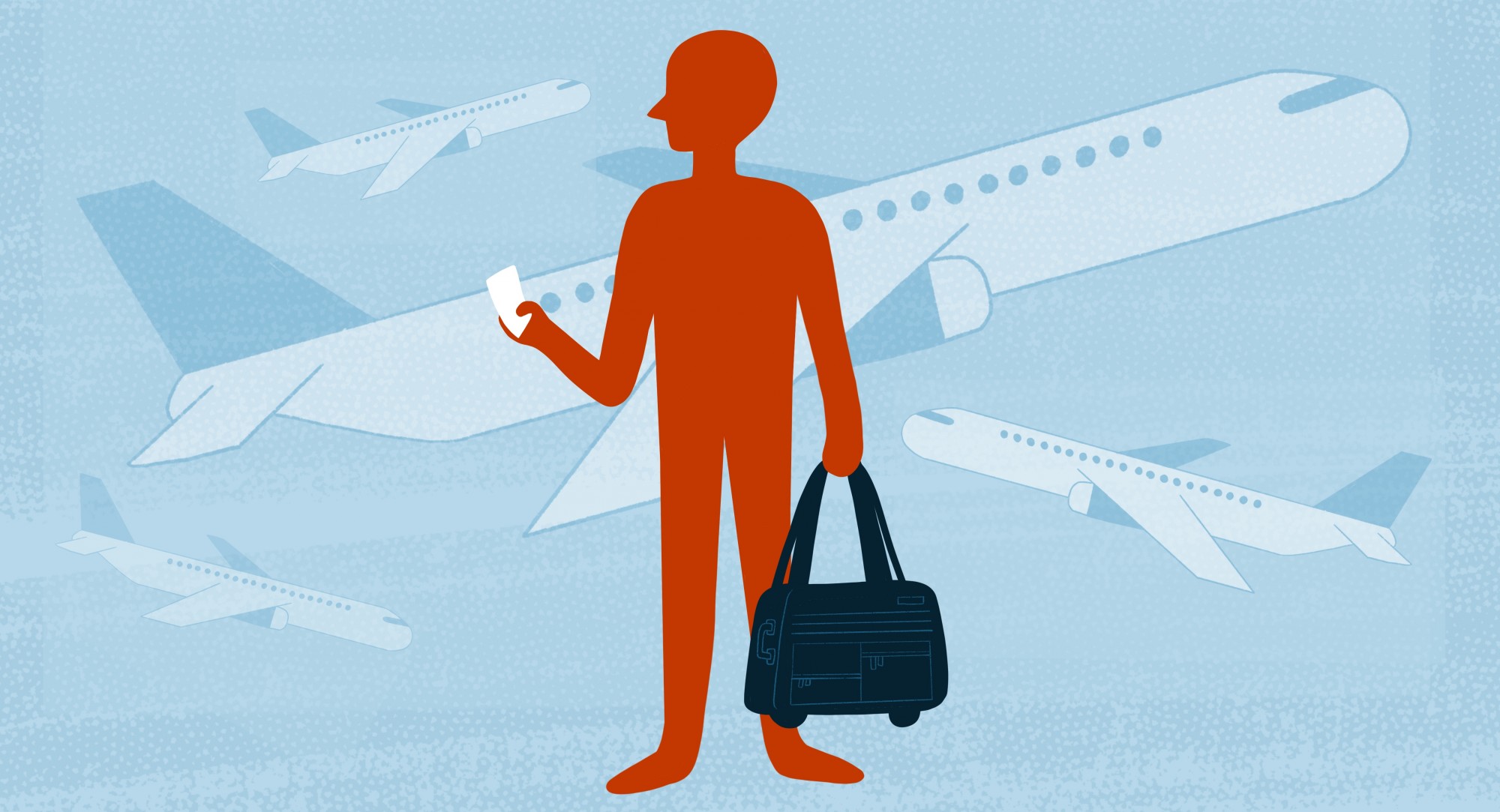The University of Minnesota is working to develop guidelines for incoming and returning international students abroad for the fall semester.
With U.S. visa services suspended worldwide and several international flights banned due to the coronavirus, many international students abroad are left wondering whether they can return to campus for the fall. University officials are figuring out how to best prepare for the anticipated visa- and travel-related barriers ahead of fall semester.
“We recognize that international students may face additional barriers in the coming months regarding travel restrictions and the ability to access U.S. embassy and consulate locations abroad for visa interviews,” Executive Vice President and Provost Rachel Croson said in a statement to the Minnesota Daily.
In light of the challenges, the Global Programs and Strategy Alliance, the central international office of the University, is convening a task force for the coming fall.
Consisting of multiple collegiate offices, the goal of the task force is to consider a variety of “options for international students who may not be able to arrive in time for the first day of classes,” according to GPS Alliance spokesperson Jennifer Schulz. No decisions have been made at this point, as planning is still in the early stages.
In her address to the state Legislature late last month, University President Joan Gabel said that the University is expecting lower than average numbers in international students for the coming fall semester in addition to out-of-state students, due to travel and entry barriers.
“Our commitments are actually pretty good,” she said of international students. “It’s the process we know they have to go through in order to get a student visa and immigrate that we know is stalled and may not resolve until well after the traditional start of the semester.”
She added that her administration is currently working on plans to address issues international students may have when enrolling in the fall.
Barbara Kappler, assistant dean and director of International Student and Scholar Services, said her office is helping colleges at the University navigate admission questions for international students, as well as guide current and incoming students.
“So each area has its own work that’s taking place,” Kappler said.
She added that the ISSS is adding more webinar series to familiarize admitted and prospective international students with life in the Twin Cities.
One of the main pressing concerns for the international student body as of late is the visa process and traveling amid the pandemic, Kappler said.
Nicole Zhang is a master’s student studying mass communication whose visa expired last month. After hearing about the White House travel ban on foreign nationals, she said she decided that it was best to remain in the U.S. rather than leave.
Had she left for China to renew her visa, she said she would have been stuck in the same situation that some of her friends abroad are now facing. Zhang said she plans to renew her visa over the summer depending on whether things settle down in the next couple of months.
“If everything goes back to normal, I’m still looking for an opportunity to go back to China in August to see whether I can renew my visa,” she said.
In the meantime, Zhang is staying at her apartment. Though her visa expired, she only needs it for entry into the U.S. Another document called the Form I-20 is documented proof of her stay in the U.S. and allows her to legally remain in the country until her stated master’s program is complete.
As of early May, the Trump administration is uncertain whether travel restrictions affecting Asia and Europe will be lifted anytime soon, according to USA Today. U.S. Treasury Secretary Steven Mnuchin suggested that any initial activity in the U.S. airline sector would be restricted to only domestic flights.
In addition, the reopening of U.S. embassies and visa services worldwide will depend on the dynamic situation of the COVID-19 pandemic, according to a statement sent from a U.S. state department official.
Regent Darrin Rosha said one of the main questions for the University is how it plans to keep students on track for their graduation timelines as the pandemic remains an uncertainty for planned schedules.
“If you come to school out of your secondary education, and you want to get a four-year degree, making [graduating] take five years, that’s a substantial change,” Rosha said.
He said he does acknowledge that some students might unenroll altogether, or take a gap year from school — adding that some of those decisions might come from the parents of international students out of concerns for their safety.
“But I like, at least, having the opportunity to try to give all the students a chance to stay on track with their expectations,” Rosha said.
The Board of Regents will meet on Thursday to discuss more about the pandemic-related internal impact on the University.



















